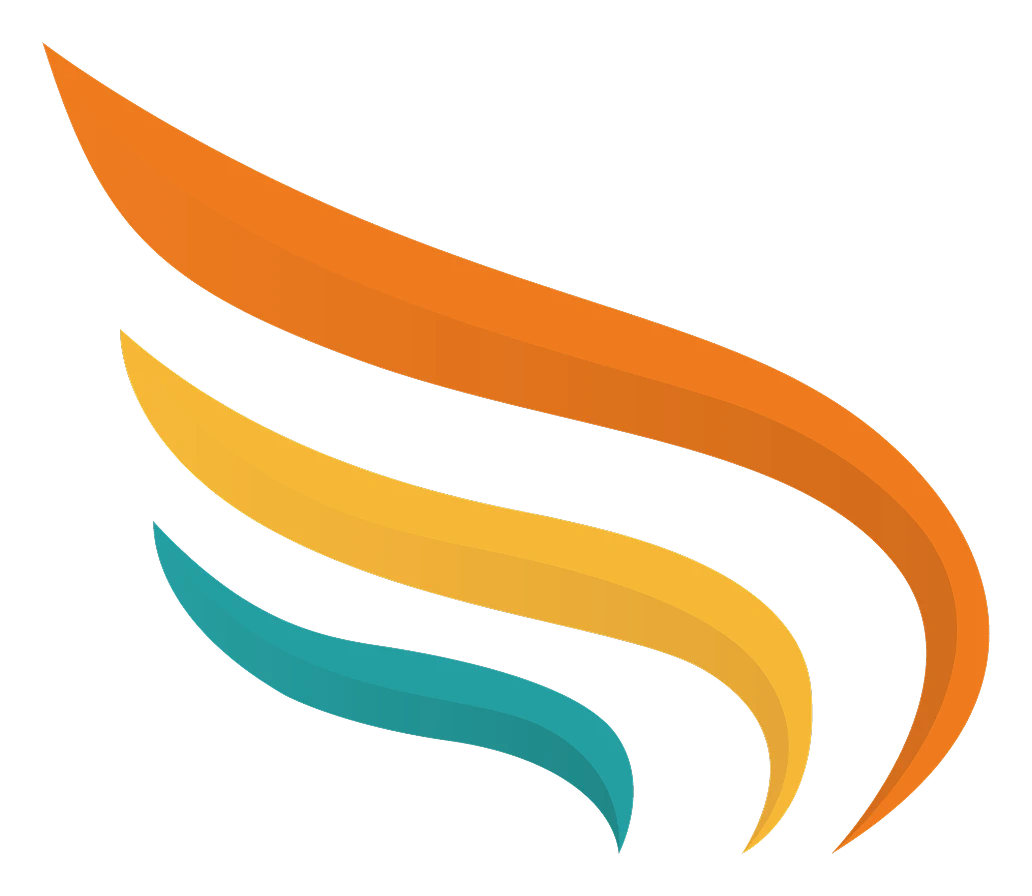
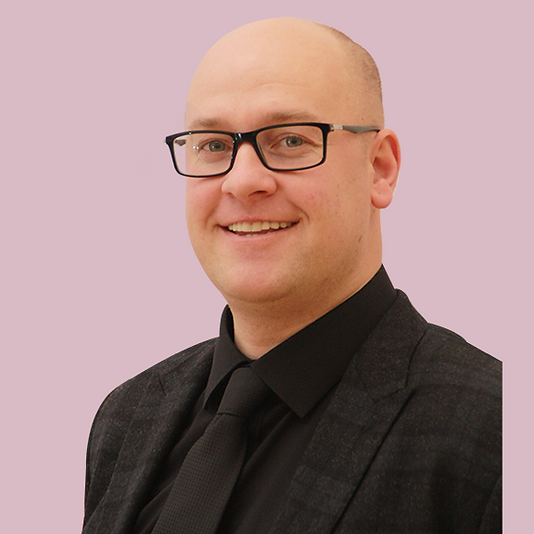

Our Values
We have six core values, which are central to our school, which are:

Kindness
The quality of friendliness, generosity, consideration, honesty

Collaboration
The belief that working and learning with others will lead to greater success
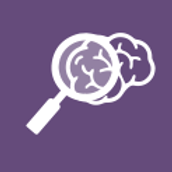
Curiosity
A strong desire to know and learn

Respect
To appreciate the importance of understanding and admiration for others and self

Resilience
The ability to recover quickly and learn from the difficulties we face

Endeavour
The belief that hard work is needed to achieve something we can be proud of

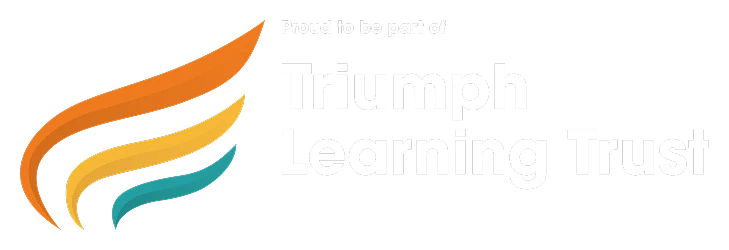
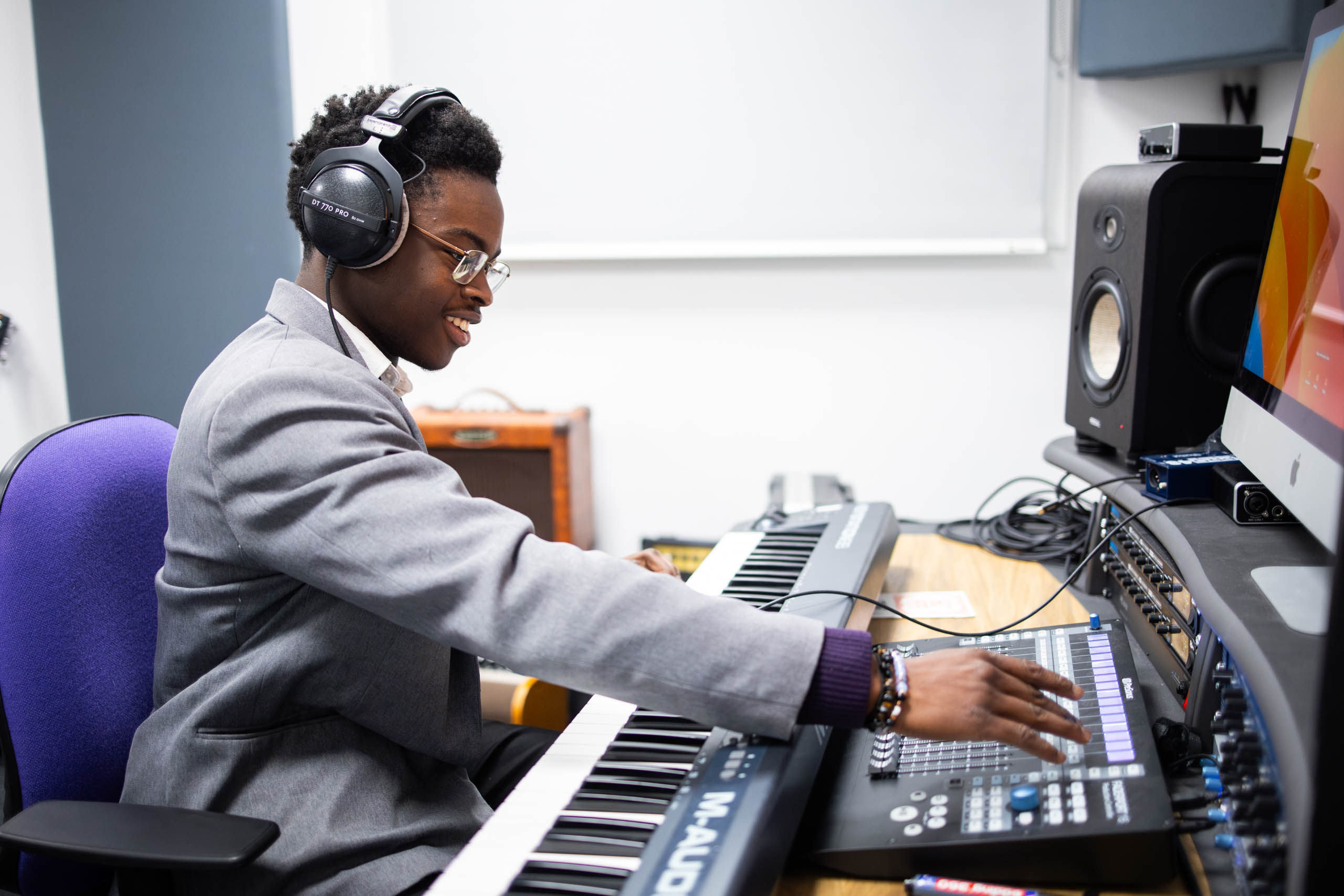

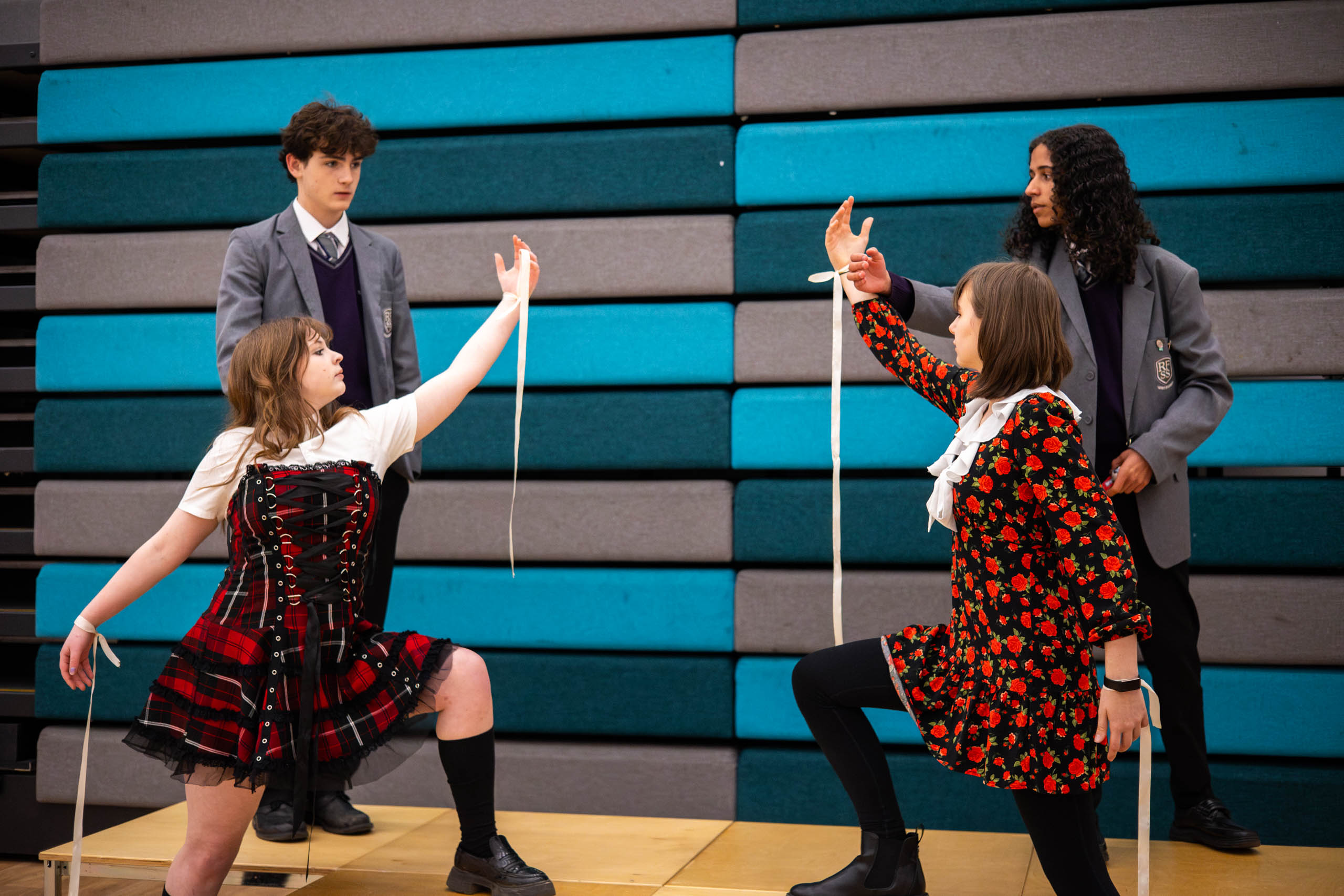
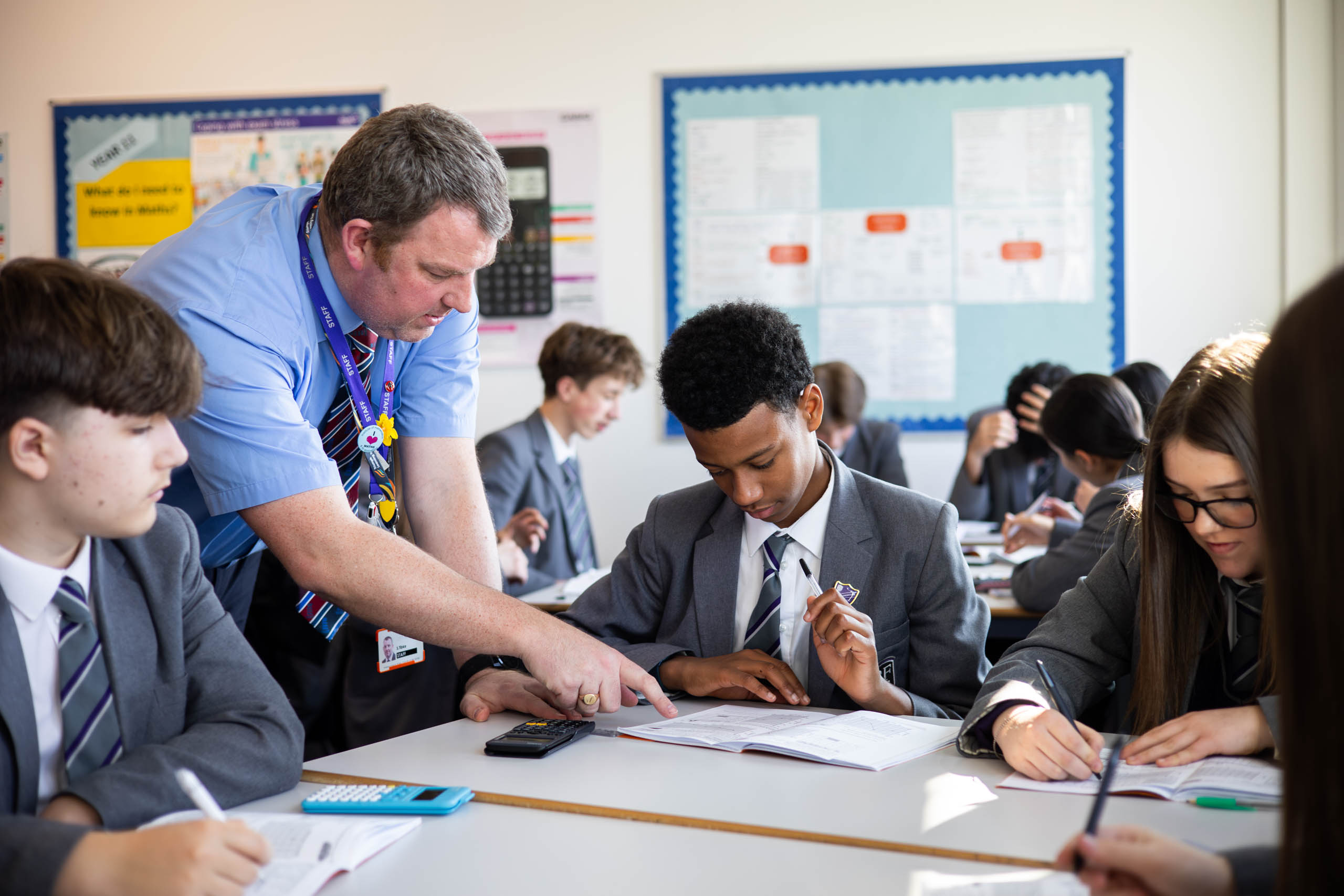
What’s happening at
Rugby Free Secondary School
Stay updated with the latest news by following our Facebook feed.
Night 1 ✅
An incredible opening night of our High School Musical production!
Well done to everyone involved! ... See MoreSee Less
7 CommentsComment on Facebook
⭐️ Our first performance is tonight!!! Tickets are now sold out. We can't wait 🤩 Doors open at 5:30pm. Free refreshments will be available and programmes will be on sale for £1 each. See you there 😀 ... See MoreSee Less
0 CommentsComment on Facebook
Year 11 Hospitality and Catering students have been making Gingerbread Houses, this morning! #endeavour ... See MoreSee Less
1 CommentsComment on Facebook
Miss Bryant recommends 'Dogs of the Deadlands'.
#bookoftheweek ... See MoreSee Less
0 CommentsComment on Facebook
Details of a free parenting workshop in the new year. Click the link for more details.
#collaboration #ParentingWorkshops ... See MoreSee Less
TASP Sessions
bit.ly
Four three-hour sessions for parents/carers of autistic teenagers.0 CommentsComment on Facebook
IT’S SHOW WEEK!
IT’S A SELL OUT!
Get Your Head in the Game, because High School Musical is What You’re Looking For, this week! 💜🩶 ... See MoreSee Less
5 CommentsComment on Facebook